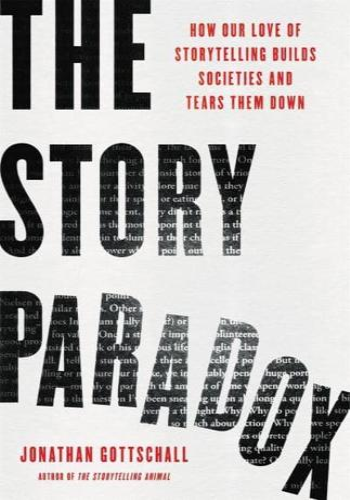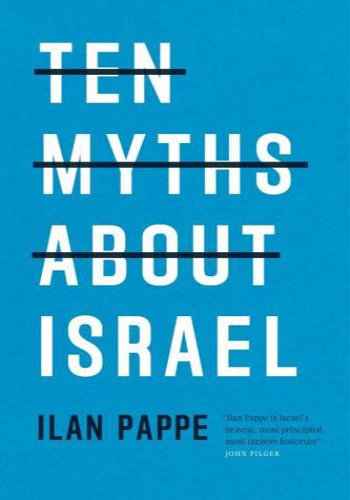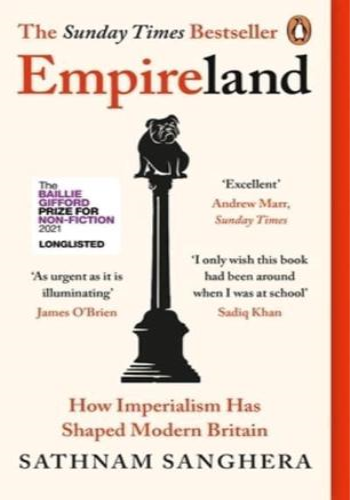Ten Myths About Israel
The book Ten Myths About Israel by Ilan Pappe contains a series of myth-busting essays that dismantle the myths propagated by the state of Israel in order to justify its own policies. The author believes Israel has used these myths not only to portray its actions as necessary, but also to obscure the fact that such actions have implacable consequences on the Palestinians. In this chapter brief, we will look at the myths debunked and the real-world examples used to illustrate the points made in the book.
Myth 1: Israel Is the Only Democracy in the Middle East
The first myth that Pappe dispels in his book is that Israel is the only democracy in the Middle East. He notes that the democracy of the country is fundamentally flawed in the sense that indigenous Palestinians are denied many basic civil and political rights. He states that real democratic states recognize the rights of all of their citizens, regardless of religion, ethnicity or nationality. As a real-world example, Pappe points to the fact that the West Bank and Gaza remain under military control and that the Palestinians who live there are subject to different laws than their Jewish neighbors.
Myth 2: Israel Is a Haven of Freedom and Human Rights
Pappe argues that the so-called ‘haven of freedom and human rights’ that Israel purportedly provides is not based on treating individuals the same regardless of ethnicity, religion or nationality, but instead based on privileging Jews over non-Jews. He further argues that despite Israel’s ‘Declaration of Independence’ pledge to “uphold the full social and political equality of all its citizens” this is in fact an unfulfilled pledge as unequal access to resources and privileges continues to exist between the Jewish and non-Jewish majority. Pappe posits that even a legal framework such as Israel’s ‘law of return’ is discriminatory as it enables Jews to move to Israel, but denies this same right to Palestinians or those of other faiths.
Myth 3: The Palestinians Chose to Leave Their Homes in 1948
Pappe improper argues that the myth of Palestinian voluntary displacement in 1948 is unfounded. He points to the fact that both the United Kingdom and the United Nations tried to resettle Palestinian refugees, but this was blocked by Israel through the use of military force. Consequently, hundreds of thousands of Palestinians were forced to flee their homes in fear of their lives and become long-term refugees, or were settled in the Israeli-controlled West Bank or Gaza Strip. This myth is intentionally perpetuated by the state of Israel and its supporters in order to deny the fact that the Palestinians were forcibly dispossessed from their homeland.
Myth 4: Israel Is a Victim of Arab Hostility
The fourth myth debunked by Pappe is that Israel is a victim of Arab hostility. He points out that the history of the Middle East is far more complex than the mythology suggests, with Israel contributing significantly to the ongoing conflict in the region. He states that Israel has persistently refused to recognize the rights of the Palestinians, imposed oppressive policies and carried out extrajudicial killings. As a real-world example, Pappe references the blockade of Gaza, where some two million Palestinians are prevented from accessing basic necessities such as medicine, fuel and food due to Israel’s leadership.
In conclusion, Pappe’s book Ten Myths about Israel provides an invaluable assessment of the falsehoods spread by the government of Israel in order to justify its politics. Using real-world examples, Pappe demonstrates the falsity of the myths and shows how they obscure the fact that such policies have drastic and detrimental consequences on the Palestinians.







